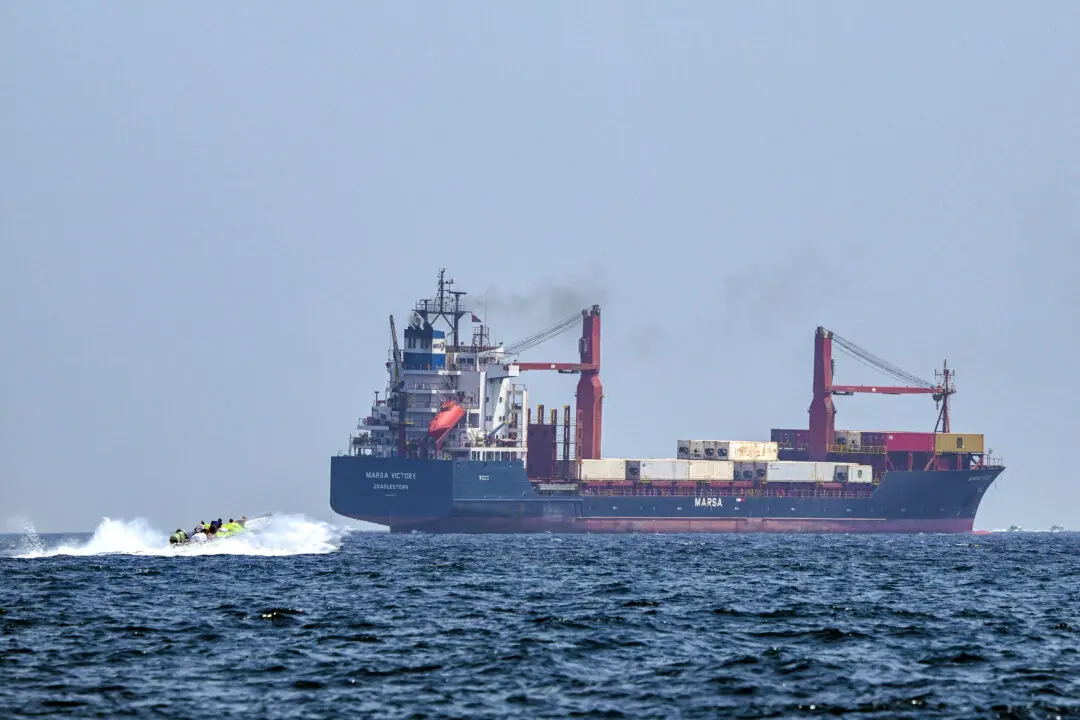Facing potential food supply shortages, some countries have adopted policies limiting food exports, raising concerns globally about food supply and exacerbating food inflation woes.
Since the beginning of Russia’s war against Ukraine in late February, about 30 nations have taken steps to restrict certain food exports.





